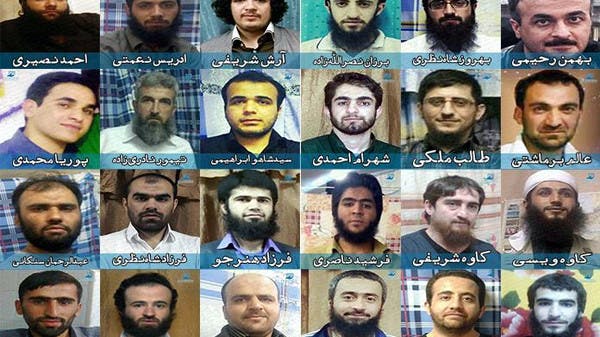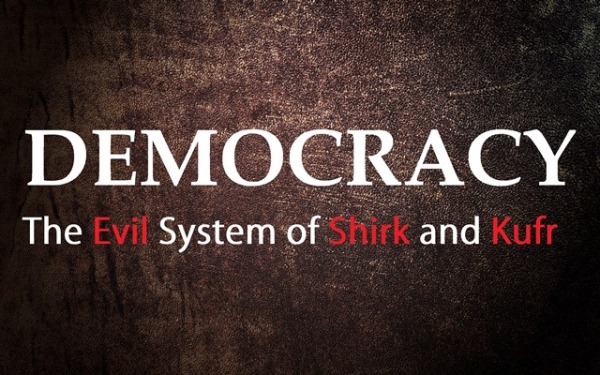“I swear by Allah, I will fight in the
path of Allah and I will follow those people that turn to Allah. My Lord
will never see me turn my back and flee from fighting. If I turn back
then I will be disobeying Allah and then I will be from the sinful.”
With this, Diraar bin al Azwar (ra), saying the takbeer, jumped into the midst of the Roman soldiers and attacked.
With this, Diraar bin al Azwar (ra), saying the takbeer, jumped into the midst of the Roman soldiers and attacked.
Hearing the takbeer, the other Muslims followed suit,
and the takbeer echoed on the battlefield and tore the hearts of the
Kuffar with fear and ru`b. Diraar (ra) was fighting with
such fervor and passion that he struck dead all that came in his way
until he came to an enclosure at which the main soldiers were standing
around.
He understood that this meant that Darwaan (the general of the Roman army) was going to be here. Knowing this, he charged at the group of soldiers. First he attacked the flag bearer and pierced him with such a blow that he fell there and then. Suddenly his eyes fell on Darwaan. He went towards him.
Near Darwaan was a soldier who was holding a prized ornamental cross. Diraar (ra) struck him with a lance which tore his side apart and the cross fell on the floor.
Darwaan on seeing this, sensed his last. He could not but interpret the falling of the cross as a sign of the destruction of him and his army. He got up from his horse, intending to pick the cross up but instantly some Muslims who were nearby got down from their horses to pick it up and encircled Darwaan.
Diraar (ra) was still occupied in fighting but when he saw the happenings he said, ‘O group of Muslims, nor is the cross my right, or your right. Hence have no desire of picking it up. When I finish with this Roman dog and his army, I myself will pick it up’.
He understood that this meant that Darwaan (the general of the Roman army) was going to be here. Knowing this, he charged at the group of soldiers. First he attacked the flag bearer and pierced him with such a blow that he fell there and then. Suddenly his eyes fell on Darwaan. He went towards him.
Near Darwaan was a soldier who was holding a prized ornamental cross. Diraar (ra) struck him with a lance which tore his side apart and the cross fell on the floor.
Darwaan on seeing this, sensed his last. He could not but interpret the falling of the cross as a sign of the destruction of him and his army. He got up from his horse, intending to pick the cross up but instantly some Muslims who were nearby got down from their horses to pick it up and encircled Darwaan.
Diraar (ra) was still occupied in fighting but when he saw the happenings he said, ‘O group of Muslims, nor is the cross my right, or your right. Hence have no desire of picking it up. When I finish with this Roman dog and his army, I myself will pick it up’.




